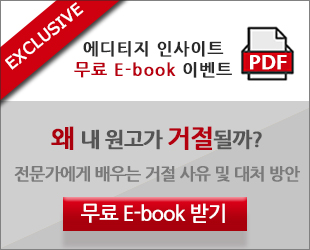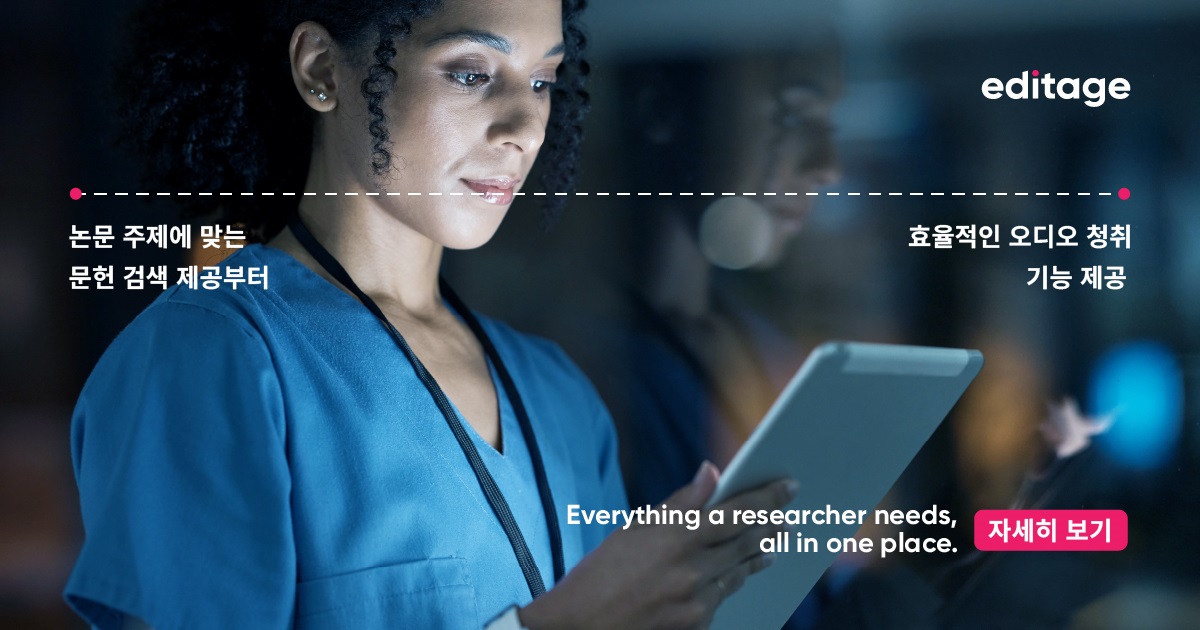Can you describe your career in short? What did you major in? How did you decide to become a professional editor?
I majored in Elementary Education for my BS and in English for my MA. My natural bent has always been toward language-related matters; for complicated reasons, I grew up without either television or radio, so almost my sole source of entertainment was reading. When I was a child and saw my older sisters diagramming sentences for their English classes, I couldn’t wait to learn to do it myself. I still think it’s fun! I taught writing for a number of years in various colleges throughout the Western and Midwestern USA, sometimes full time, sometimes part time. Because I also always did some writing and editing in addition to my teaching, and because I had quite a bit of experience helping graduate students, both foreign and domestic, from the time I spent working at the University of Wisconsin-Madison, it was natural for me to turn to editing as a full-time profession and source of income.
Given your 20+ years’ experience as a faculty of English and an editor, how, in your opinion, is your study of English and your profession as an editor connected with each other and how did/do you manage the two professions?
Though I have always loved the literary aspects of studying English, I have a special affinity for English grammar. Because I love both the beauty and the structure of my language, I have always enjoyed teaching others how to love it, too. However, teaching the grammatical aspects of language to college students in the United States can be frustrating because, unless they’ve attended private school, few of them know anything about grammar, and they’re not too excited to learn about it! Hence, editing is actually more enjoyable than teaching, in some respects, because I am able to apply my own knowledge and enthusiasm to helping other people produce a beautifully readable document. In this way, I am doing the same thing I would do as a teacher: helping people with their careers. Though I no longer teach, having turned to editing full time, I also keep my foot in the academic world by helping graduate students with their theses and dissertations.
Which aspect of editing do you enjoy the most?
The editing itself? I most enjoy the challenge of turning clumsy writing into something that is at least easily readable. But I have to say that the most enjoyable aspect of my business is interacting with clients. Many of the clients are quite pressed down by the burdens of the academic life; having a good editor is a great help to them, and I am glad to be there for them.
Is there anything specific you do to provide high-quality edits across various manuscripts?
With relation to content, if I know something about the subject, I will contribute my knowledge, if needed. In other words, I try not to provide ignorant edits. Technically speaking, my system is fairly predictable: I edit the document all the way through once, leaving the abstract until the end if it’s a journal article—because I can edit the abstract much more intelligently if I know what the article says first. I usually try to give myself a break before I go over the article again, in Final view. The second time through can also take quite a while because I often do a lot of fine-tuning then in terms of polishing the writing. Then I run a spell check. If there are consistency issues (for example, perhaps the client has sometimes capitalized a word and sometimes not), I will do a search for the problem words and make sure they’re consistent (after doing a Google check to see what the norm is for capitalization). I also search for such items as double periods and extra spaces. Finally, I try to be understanding with the clients.
What advice would you give to junior editors on how to sustain their interest in editing and provide the client with high-quality work?
I would say you need two things: 1) a passion for your work and 2) the milk of human kindness. 1) Even though I love it, editing is extremely demanding work; it exhausts me! Take frequent breaks, five minutes out of every hour. Try to manage your time so that you do not have to edit for hours at a time without a substantial break; otherwise, you will burn out. If you find yourself particularly attracted to, say, medical editing, whereas the social sciences bore you to tears, consider taking a course or training in the kind of editing you enjoy most. 2) Remember that a real human being is at the other end of the job, and dedicate yourself to trying to give the client the best job you can. Remember that the client is probably as stressed out as you are; then your comments will be kind and supportive.
A few words for our clients…
First, I’m glad you’re there, and I enjoy working with you! Second, please feel free to tell the editor exactly what you want. I’m always happy to see instructions. I’m even happier if, should you happen to be a graduate student, you send your mentor’s comments, the requirements from your school for your thesis/dissertation format, any comments from your advisory committee—or all of the above. Such information gives the editor a precise sense of what needs to be done. In short, the more information we have from the clients, the better.






